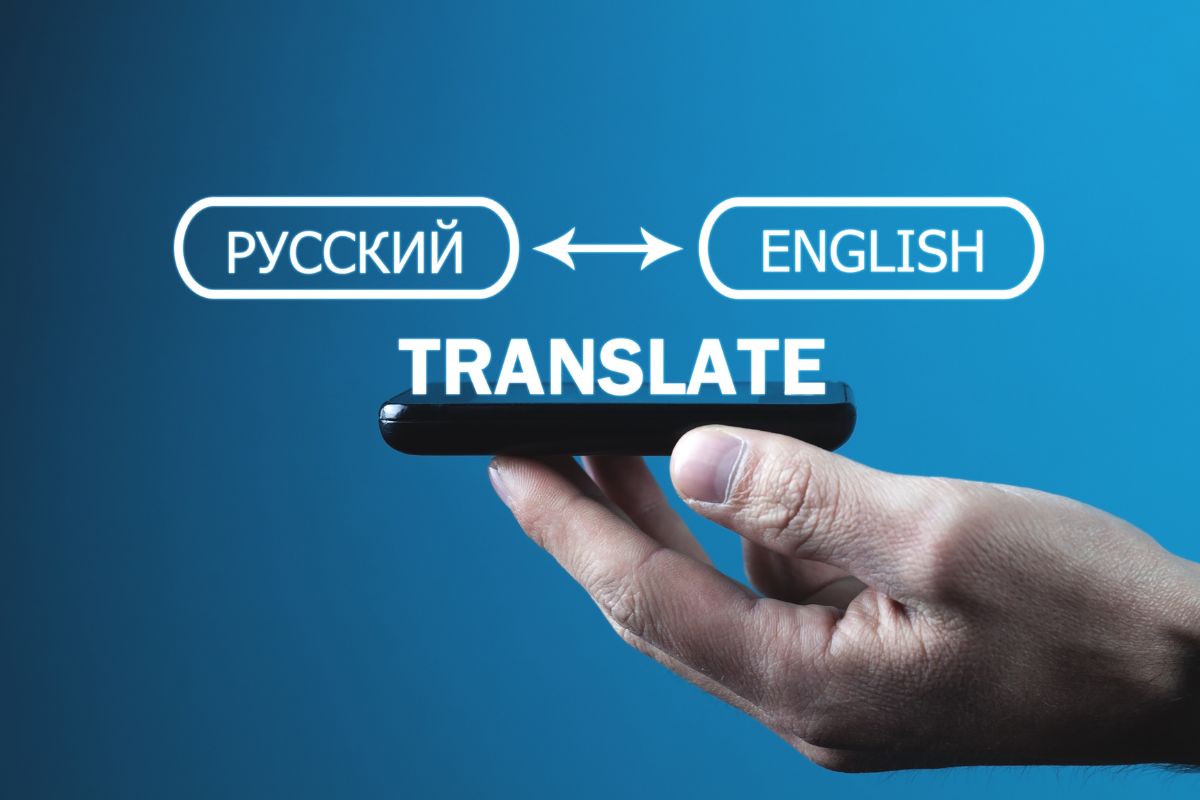NAATI, or the National Accreditation Authority for Translators and Interpreters, serves as the leading certification body for linguistic professionals in Australia. Its accreditation is widely recognised as a benchmark of professional competence and ethical practice in the translation and interpreting industry. For anyone involved in or requiring translation services, understanding the significance of NAATI accreditation can be crucial for ensuring quality and reliability in communication.
As the gateway to cross-cultural communication, NAATI sets the standard for professional translation and interpretation in Australia. Delving into its intricacies requires more than linguistic prowess; it demands a deep comprehension of cultural nuances, ethical considerations, and the ever-evolving dynamics of language. I
Table of Contents
The Importance of NAATI Certification
A NAATI certification is more than just a credential; it is a gateway to professional credibility in the translation industry. NAATI translation services are undertaken by individuals who have demonstrated their ability to meet rigorous professional standards, which are regularly updated to reflect industry demands and technological advancements. This certification process assures clients and employers alike that the translator possesses not only advanced language skills but also a thorough understanding of cultural nuances, which are essential for effective communication.
For translators, obtaining NAATI accreditation involves passing a comprehensive examination that assesses their competency in translation as well as their ethical understanding of the profession. This meticulous evaluation ensures that every certified translator is equipped to handle the complexities of real-world translation scenarios.
Certified translators and interpreters undergo rigorous training and evaluation processes, guaranteeing proficiency not only in linguistic competence but also in ethical standards and professional conduct. Beyond mere linguistic translation, NAATI certification signifies a commitment to upholding the integrity of communication, fostering mutual understanding, and preserving the essence of diverse cultures in an interconnected world. Thus, it stands as a cornerstone in facilitating effective cross-cultural communication and fostering inclusivity within society.
Pathways to NAATI Certification
There are several pathways to achieving NAATI certification, each tailored to the varying levels of experience and expertise in the translation field. Prospective translators can opt for certification at different levels, from Certified Provisional Interpreter to Certified Specialist Legal Interpreter, depending on their professional focus and career aspirations.
Training and Preparation
Effective preparation is crucial for success in obtaining NAATI accreditation. Aspiring translators typically engage in detailed study programmes and practical training sessions that are specifically designed to meet NAATI standards. These educational pathways not only prepare candidates for the NAATI examinations but also equip them with practical skills and theoretical knowledge that are essential in the field of translation.
The Role of Professional Development
Continuing professional development is a requirement for maintaining NAATI accreditation. This involves participating in various training workshops, seminars, and conferences, which help translators stay updated with the latest trends and technologies in the industry. By fostering a culture of continuous learning, NAATI ensures that accredited translators remain at the forefront of the profession.
The Impact on Global Communication
NAATI-certified translators play a pivotal role in facilitating clear and accurate communication across different languages and cultures. Their expertise is crucial in various sectors, including legal, medical, and governmental fields, where precision and reliability in translation are paramount. The assurance of NAATI accreditation helps organisations to confidently engage in global markets, knowing that their translated materials are both accurate and culturally appropriate.
NAATI certification enhances global communication by ensuring accuracy, reliability, and cultural sensitivity in linguistic exchanges. Certified professionals play a crucial role in overcoming language barriers, fostering international cooperation, and promoting mutual understanding across diverse cultures.
Key Takeaways
Understanding NAATI accreditation helps clients and translators alike appreciate the importance of certified translation services. It ensures that all parties can trust the quality and accuracy of translations, supporting effective communication in diverse professional and personal contexts. For translators, NAATI certification opens doors to numerous opportunities, enhancing their reputation and career prospects within the industry.
NAATI-certified translators are not merely language specialists; they are crucial bridges in global communication, ensuring that language barriers do not hinder personal, professional, or cultural exchange. The commitment of NAATI to uphold high standards in translation not only enhances the quality of communication but also fosters trust and understanding across borders, proving indispensable in today’s interconnected world.
















